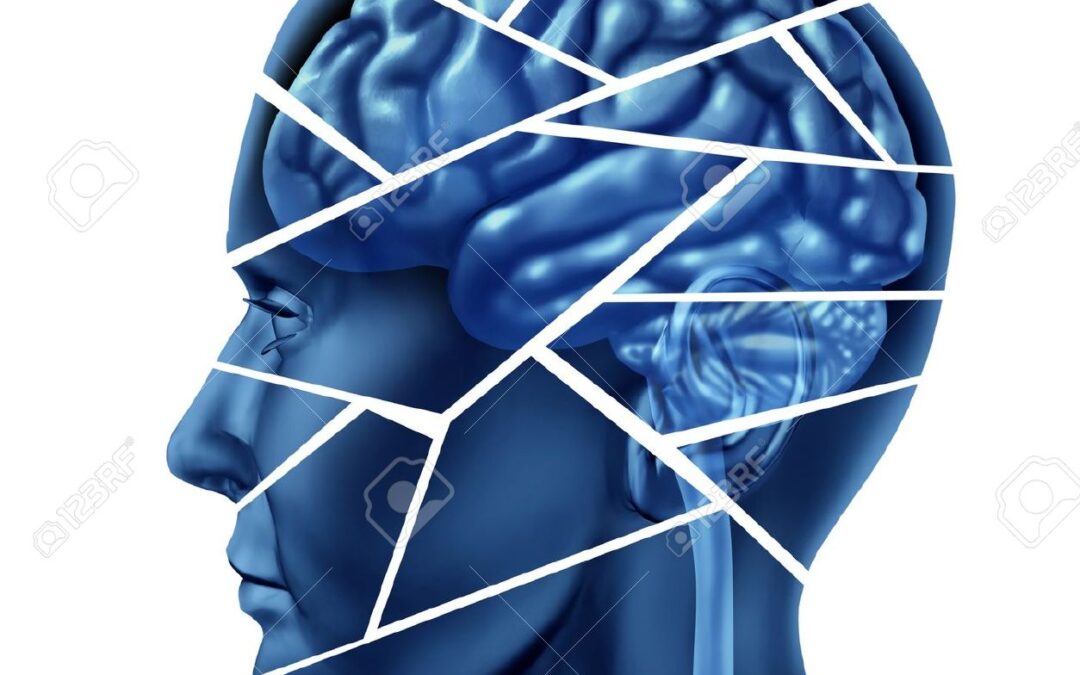Depression, Mental Illness and Neurotransmitters
I stumbled across an interesting article written last December about the different neurotransmitters involved in depression and other mental illnesses. It provided some excellent food for thought about how we view the delicate dance between a variety of different neurotransmitters when it comes to mental health.
Understanding neuroanatomy and brain chemistry objectively are no easy task. Without a college degree or access to easy-to-understand empirical materials, neurochemical understanding can feel out of reach. This is a complicated subject, loaded with details, and as our body of knowledge grows, so does our understanding. And even seasoned professionals can struggle with how to best explain neurochemistry to laypersons and their clients.
As we all know, the internet is loaded with inaccuracies, especially regarding confusing topics, and neurochemistry is no exception. Big Pharma’s agenda coming through our televisions via prescription drug commercials only serves to further complicate the matter.
For years the vague phrase “chemical imbalance” was the attributed as the sole pinnacle cause for a number of different mental illnesses. The vague and imprecise nature of that phrase doesn’t really help to illuminate what is going on in our brains when we face a mental health challenge.
As that phrase garnered traction over the years and into everyday conversation, it has taken us as a society to a point where we are left with an unbalanced and inaccurate understanding with what causes depression, or anxiety, or any number of other mental illnesses.
As the article above references, we know more about the causes of mental illness now more than ever before. And there are a number of steps you can take to improve your mental health and/or symptoms with some self-care. Self-care is ever-important in this world, and psychoeducation is an intrinsic part of that.

